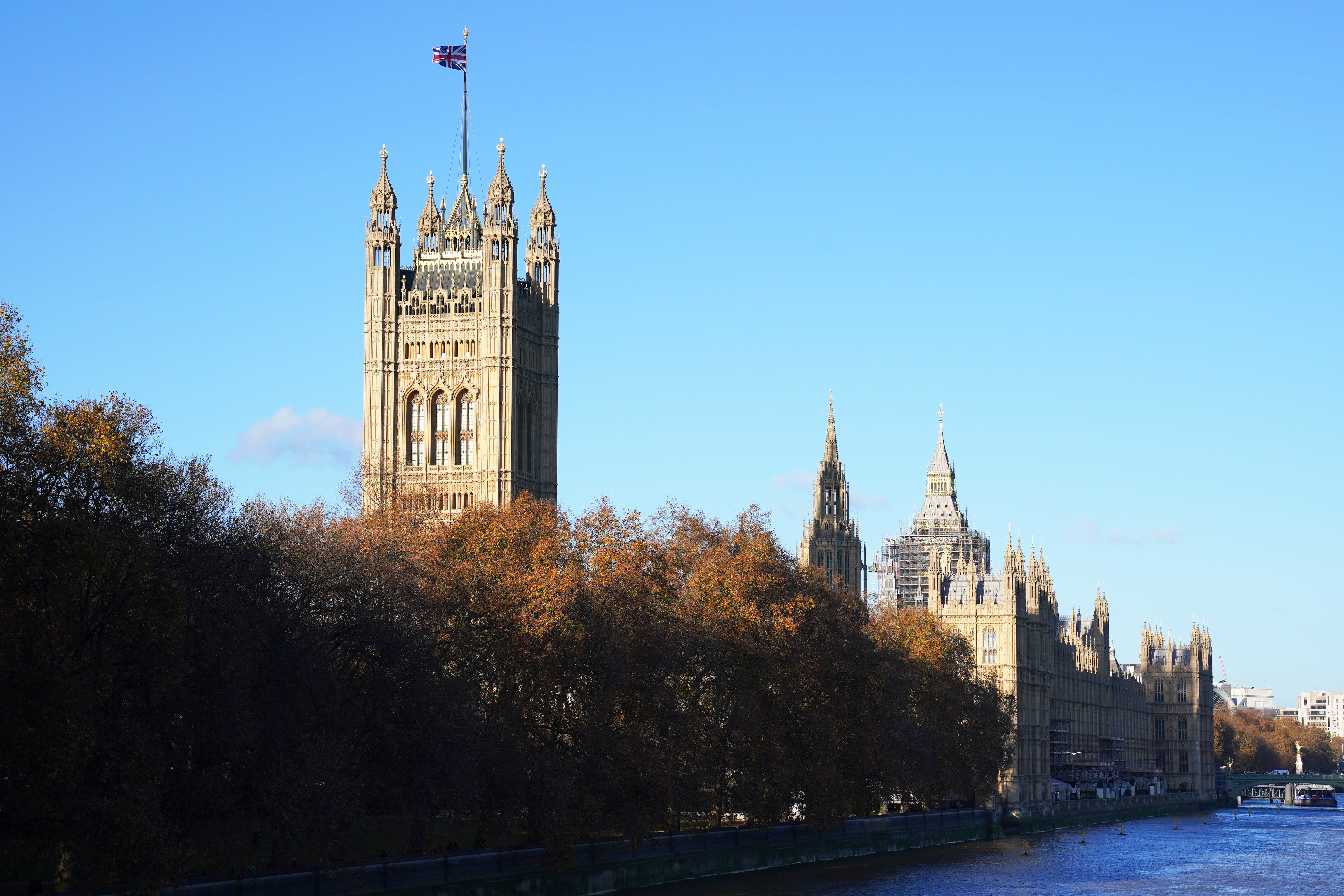Peers pay tribute to Baroness May Blood following death aged 84
Lady Blood was a peace activist, civil rights campaigner and trade unionist.

Your support helps us to tell the story
From reproductive rights to climate change to Big Tech, The Independent is on the ground when the story is developing. Whether it's investigating the financials of Elon Musk's pro-Trump PAC or producing our latest documentary, 'The A Word', which shines a light on the American women fighting for reproductive rights, we know how important it is to parse out the facts from the messaging.
At such a critical moment in US history, we need reporters on the ground. Your donation allows us to keep sending journalists to speak to both sides of the story.
The Independent is trusted by Americans across the entire political spectrum. And unlike many other quality news outlets, we choose not to lock Americans out of our reporting and analysis with paywalls. We believe quality journalism should be available to everyone, paid for by those who can afford it.
Your support makes all the difference.Members of the House of Lords have paid tribute to Baroness May Blood, the first Northern Irishwoman to be given a life peerage, after she died aged 84 on Friday October 21.
Lady Blood was a peace activist, civil rights campaigner and trade unionist who served as a Labour peer from 1999 to 2018.
Extending Labour’s condolences to Lady Blood’s family, opposition frontbencher Baroness Chapman of Darlington said: “May was the first woman from Northern Ireland to be elevated to this House, reflecting her long record of defending and advancing the rights of women, children and working people.
“I hope that her family will find some small comfort in the warm tributes from all communities and political parties in Northern Ireland, which must be a reflection of the peace process she did so much to advance.”
Former Labour Northern Ireland Secretary Lord Hain paid tribute to “a stalwart warrior for peace, who crunched fearlessly through all the political posturing, was dynamic, warm, passionate, blunt at times, and incredibly courageous on the frontline of peace”.
Former leader of the SDLP in Northern Ireland, Labour peer Baroness Ritchie of Downpatrick added: “May was a fearless campaigner in Belfast for the rights of the underdog, for integrated education, believing that children should be educated together rather than apart, and, above all, for the rights of women in work and factories.”
Former DUP deputy leader Lord Dodds said of Lady Blood: “She lived and was brought up in the same part of Northern Ireland that I had the honour of representing for almost 20 years, so I knew her very well indeed.
“I pay tribute to her great resilience, hard work, dedication and tenacity in her pursuit of the issues in which she believed strongly, as well as her dedication to young people in the Shankill and integrated education.”
Lady Blood was born in the Shankill district of Belfast in 1938, leaving school at 14 to work at the local linen mill.
She joined the Transport and General Workers’ Union, working on health and safety issues, long working hours and wages, and remained working at the mill until its closure in 1989.
She then became a community worker on a project for long-term unemployed men, worked with the Great Shankill Early Years Project, and was chairwoman for Barnardo’s Northern Ireland committee.
Lady Blood participated at grassroots level in the peace process in Northern Ireland in the 1990s and was a founding member of the Northern Ireland Women’s Coalition.
She was given an MBE in 1995 for “services to equal opportunities and to industrial relations” and elevated to a peerage in 1999.
She retired from the House of Lords in September 2018.